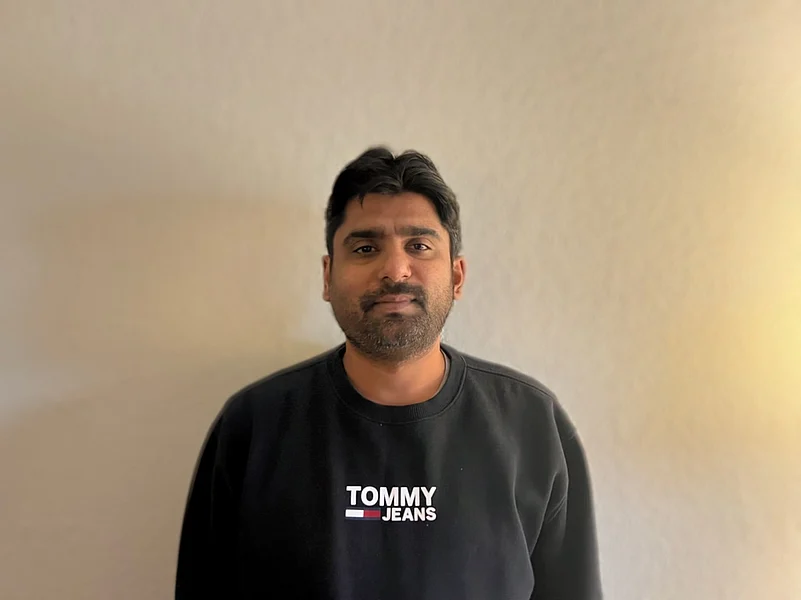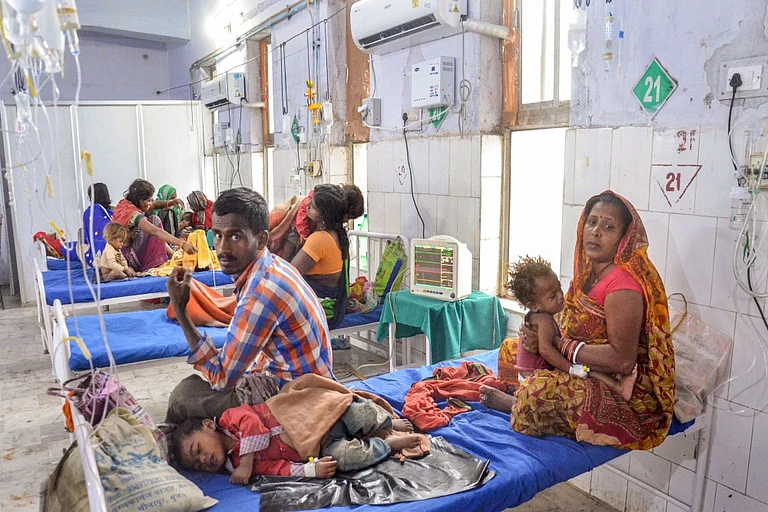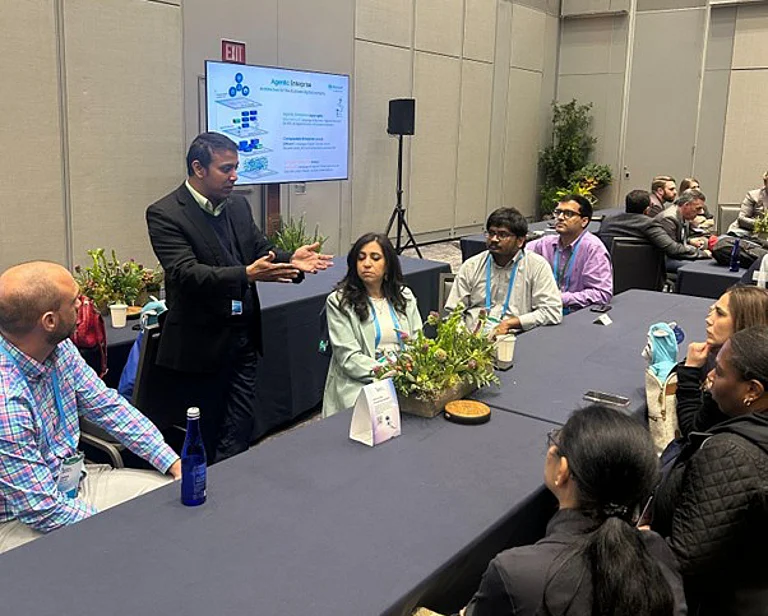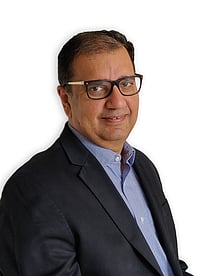Emerging as a strategic practice frontier in the ever transforming healthcare sector, care management is a key focus area. Incorporating the concept of ‘prescriptive analytics’, redesigning the care process, and attending to social determinants of health, care organisations are continuing to progress in the delivery of quality, personalised and effective patient care. The solutions that go under the category of advanced care management can be beneficial for health plans and care providers to manage high risk populations, to work across different lines of business, and to minimize the overhead costs. These solutions are important in helping healthcare fulfil its mission of serving the patient’s needs as the industry faces various challenges in the future.
Gokul Ramadoss, a leader in care management innovation, has been at the forefront of these efforts, leveraging his extensive experience to design and implement solutions that bring real, measurable change. With a focus on unifying processes across Medicaid, Medicare, and Commercial plans, Ramadoss led a major initiative that successfully reduced administrative costs by 12% in a North Carolina line of business. His work has streamlined communication and coordination between different programs, reducing redundancies and enhancing service delivery. This accomplishment not only exemplifies operational efficiency but also highlights his ability to drive meaningful outcomes in complex healthcare environments.
In his role, Ramadoss has been instrumental in developing data-driven interventions that empower care teams to be proactive rather than reactive. By implementing advanced analytics and predictive modeling for a Delaware-based program, he has enabled the early identification of high-risk members, allowing for timely interventions. His risk stratification tools, which flag individuals with chronic conditions, have paved the way for personalized care plans aimed at reducing hospitalizations and improving overall patient outcomes. The result has been a more efficient allocation of resources, with care teams able to focus on those who need the most support, ultimately benefiting patient health and organizational effectiveness.
A few of his most significant interventions were in the area of social determinants of health (SDOH) in high-risk members. Being aware of the fact that other factors such as housing, food and transportation also influence health status, Ramadoss proposed the integration of SDOH data into the care management application. He established the procedure for data gathering and data sharing with other local community resources; and a system of referrals through which care managers can directly link members to services. Several of the patient preventive services have helped to decrease the emergency room visits and inpatient days of targeted members, which is evidence of how health can be integrated to enhance the quality of service and affordability.
Through these initiatives, Ramadoss has also introduced efficiencies that have had quantifiable impacts on productivity. His unified care management platform resulted in a 12% reduction in workload for care managers, saving approximately $100,000 annually by automating routine tasks and reducing manual data entry. This improvement allows care managers to dedicate more time to high-priority cases, fostering a more personalized approach to patient care. Similarly, his SDOH integration project has reduced hospital readmissions by 5%, translating to approximately $75,000 in annual savings.
Despite the success of these projects, Ramadoss has navigated significant challenges along the way. Integrating data across disparate systems, each with its unique data structures, was a formidable task. To address this, he led a cross-functional team to create a centralized data platform, enabling seamless data flow and enhancing care coordination efficiency by 10%. Additionally, introducing an agile methodology to medical management teams, who were accustomed to traditional workflows, required strategic change management. Ramadoss implemented a phased rollout and comprehensive training program to demonstrate the benefits of agile delivery, ultimately increasing productivity by 12% and enhancing care team satisfaction.
Looking ahead, Ramadoss believes that predictive analytics and AI-driven models will play an increasingly vital role in preventive care. His forward-thinking vision includes a greater emphasis on predictive and prescriptive analytics to help care teams make data-informed decisions, focusing on both high-risk individuals and the types of interventions likely to succeed. He advocates for a comprehensive care model that accounts for the full spectrum of health needs, including physical, mental, and social factors. This approach, he suggests, requires strong partnerships with community resources and a shift toward team-based care that brings together diverse professionals to meet patient needs.
Ramadoss’s contributions to care management set a new standard for the industry. Through a combination of technological innovation, strategic foresight, and a commitment to holistic care, he is not only addressing today’s challenges but also paving the way for a more integrated, efficient, and patient-focused healthcare system. His work serves as an inspiring example of how targeted solutions can drive meaningful change, making healthcare more accessible, effective, and sustainable.


























